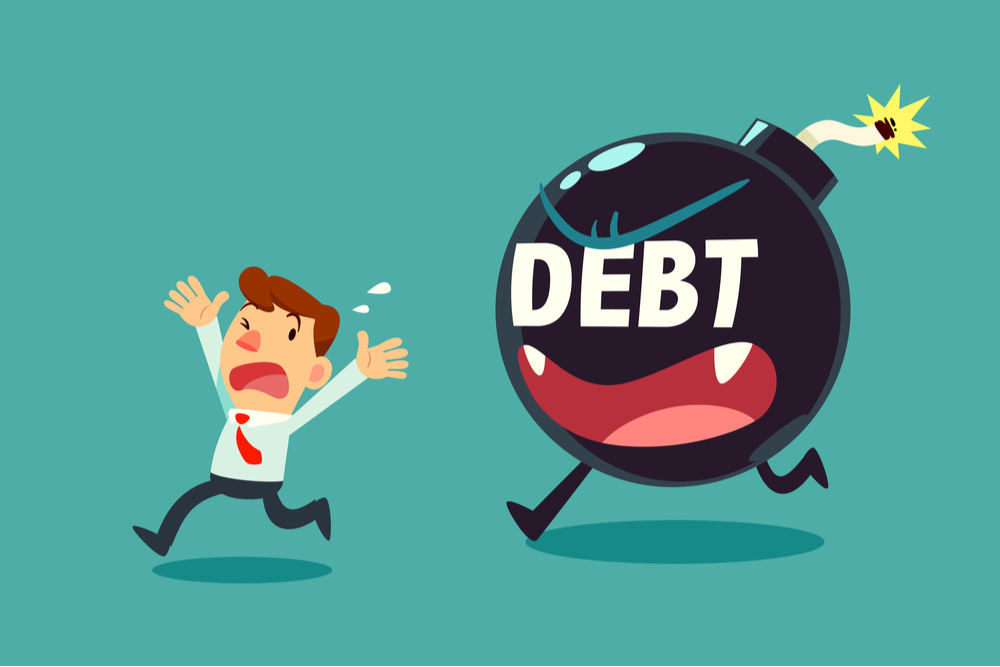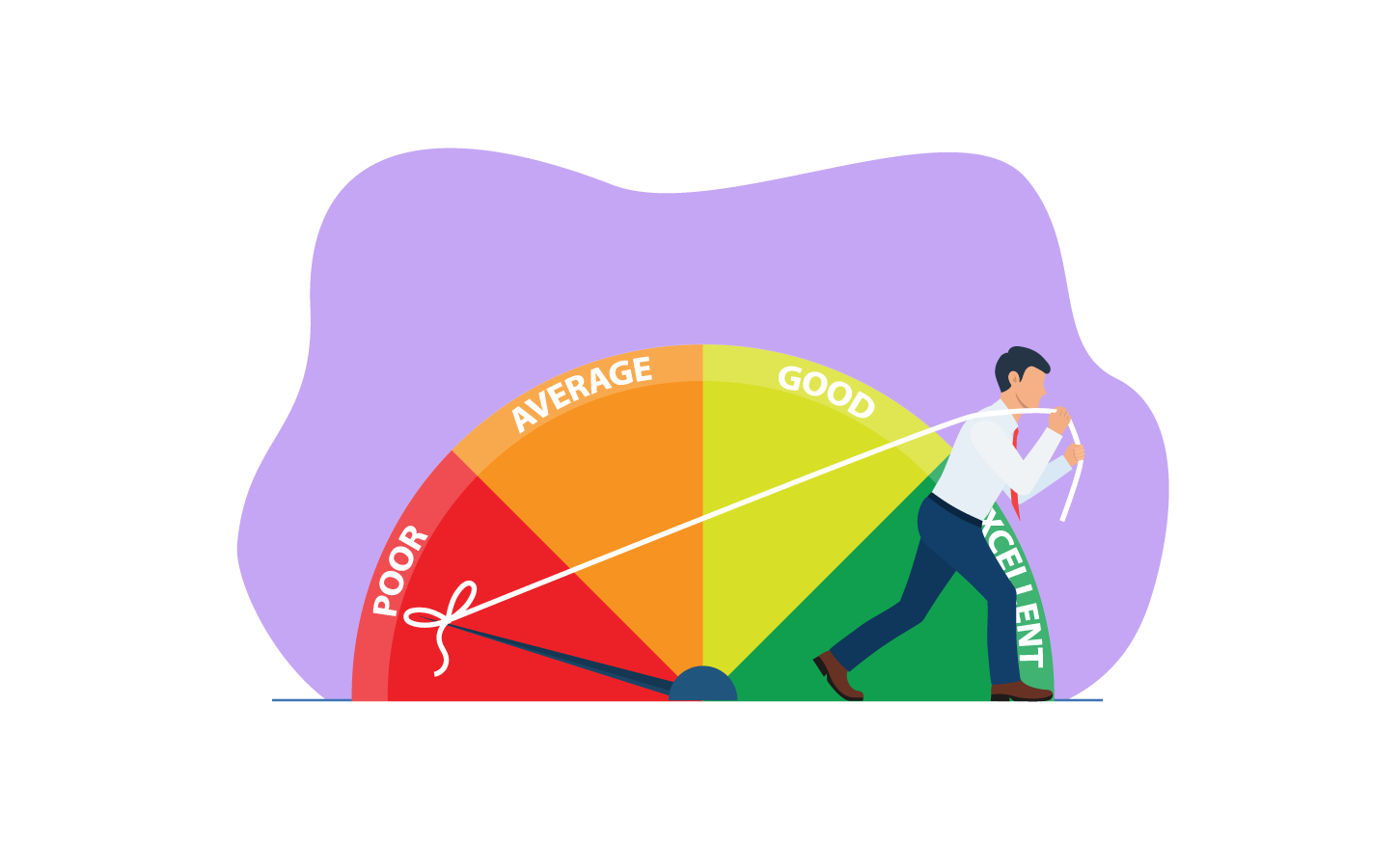Household debt in Singapore reached S$317 billion in July 2020, highlighting how much our society relies on borrowed money to fund everyday necessities. Not all of it is bad: lending allows people to buy their first home, get a better education and invest in their future. But debt from unsecured lending like credit cards and personal loans can cause financial havoc if left unpaid, with high interest rates and overdue fees snowballing into mountains of debt.
What is a debt consolidation loan?
A debt consolidation loan (or plan) is a repayment scheme that combines all your unsecured debt. The bank or financial institution providing the loan will pay off what you currently owe (outstanding debts and interests), allowing you to settle any pending late fees and start making a single monthly repayment to the lender.
If you take out a consolidation loan for the first time, the lender will usually charge an additional 5% on top of the total loan requested to settle any unforeseen late fees and other incidental charges from your current creditors. Any unused money from this fee is refunded to you once the loan is repaid.
There are several advantages to this type of loan, but whether it’s your best way forward depends on a number of factors.
How it helps
- Simplifies debts under one loan, often at a lower interest rate
- Enables you to save long-term on interest and overdue fees
- Prevents further overdue fees when payments are made on time
Concerns to consider
- Your eligibility
- Your credit score
Who is eligible?
To get a consolidation loan, you must:
- Be a Singaporean citizen or permanent resident
- Earn $30,000 to $120,000 annually
- Have less than $2 million in net personal assets (property, shares and other assets you own minus liabilities such as mortgages and unpaid tax)
- Have total unsecured interest-bearing debt exceeding 12 times your monthly income
As these loans are for unsecured debt, they cannot be used to repay secured or needs-based debts such as mortgages and student loans. If you want to apply for new unsecured loans, you can only do so once your outstanding debt is below 8 times your monthly income.
Is your credit score looking good?
Your credit score can impact the cost of your loan and the success of its approval. It is essential to keep a good credit score, whether you take a loan from a bank or a licensed moneylender. As the financial institutions providing debt consolidation loans in Singapore are banks, you will want to ensure that you have a good credit score recorded by the Credit Bureau Singapore.
How consolidating debt can help you solve your money woes
Here’s a simplified example of how a debt consolidation loan can be helpful.
John, who has a monthly salary of $3,000, has unsecured debt from three sources:
| Money owed | Interest rate p.a. | Total interest p.a. | |
| Credit Card A | $15,000 | 25% | $3,750 |
| Credit Card B | $14,000 | 25% | $3,500 |
| Personal loan | $17,000 | 10% | $1,700 |
John owes $46,000 to his creditors. This amount is above 12 times his monthly income. He also has to pay total annual interest of $8,950. If he doesn’t make these three monthly repayments on time, interest and late fees will skyrocket his debt.
However, John can get a debt consolidation loan of $48,300 with 4% interest p.a. – covering his base debt of $46,000 and the additional 5% allowance as this is his first consolidation loan (plus considering the bank does not impose any additional processing fee). If he pays on time, his interest will be $1,932.
This means John saves $7,018 in interest and makes a single monthly repayment.
Note: This scenario has been simplified to illustrate the basics of debt consolidation loans. It does not reflect current interest rates or loans.
Things to consider before consolidating debt
- Check if you are eligible
- Calculate what you currently owe, including interest
- Consider how long you can replay a consolidation loan
- Work out how much you can afford to repay per month
- Compare this with the total cost of a consolidation loan, including interest
What’s next?
If you’re eligible for and may benefit from a loan, it is best to explore qualified debt consolidation loan providers in Singapore first and make a comparison before you engage a suitable lender.
Otherwise, you can consider different ways to stay on top of your finances including reducing your debt, choosing a credit card and knowing what to do if you can’t pay bills on time.
Source: https://www.cimb.com.sg/content/dam/cimbsg/personal/document/faq/loans-financing/debt-consolidation-plan.pdf
About the Author

Led by a team with invaluable expertise across Singapore’s licensed moneylending, banking, and finance industries, CompareSing provides users with a streamlined yet informative experience at every step of their loan journey.


















